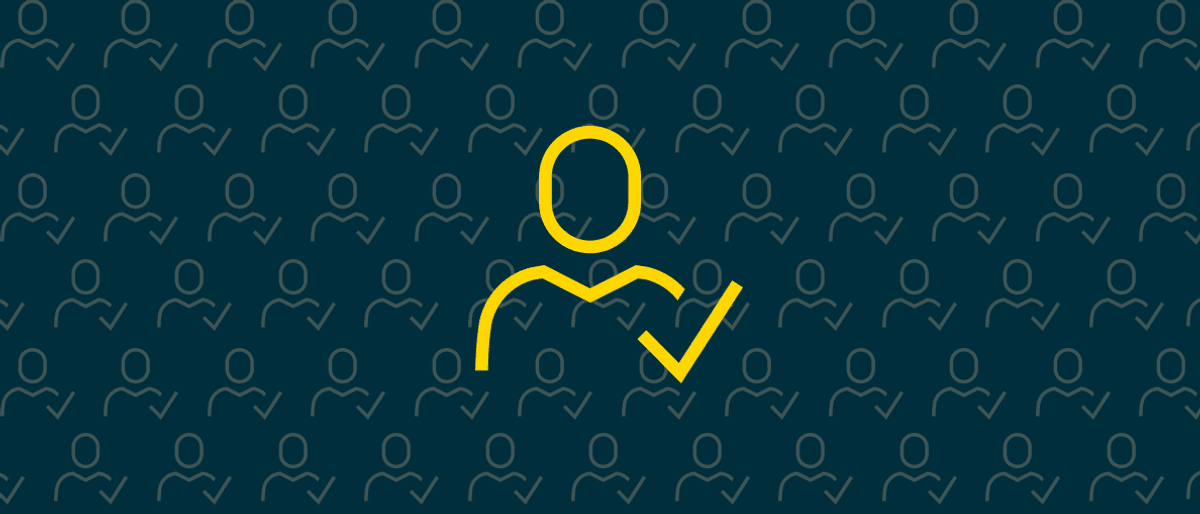Human Rights and Environmental Protection
How we respect human rights and the environment in our supply chain.

What is at issue?
Inappropriate working conditions, discrimination, destruction of natural resources: These and other human rights and environmental challenges concern us all. To overcome them we need to come together to create solutions. At Commerzbank we want to contribute as employer and business partner with an important market share.
Human Rights and Environmental Law and their Practical Implementation
Human rights are fundamental rights that we have simply because we exist as human beings. They aim to protect our dignity, personal freedom, and minimum living standard. Environmental law seeks to regulate human interactions with nature to maintain our natural resources.
In the 1948 Universal Declaration of Human Rights of the United Nations (UN) and subsequent international conventions, states have committed to respect, protect, and fulfill human rights and environmental law. Corporations are encouraged to respect human rights in the sphere of their business activities. This is stated, for instance, in the UN Guiding Principles on Business and Human Rights as well as the UN Global Compact, a worldwide initiative of influential businesses and the UN.
The Supply Chain Due Diligence Act (SCDDA) in Germany
Germany has incorporated these international human rights and environmental law demands for businesses into domestic law by adopting the Supply Chain Due Diligence Act (SCDDA). The SCDDA entered into force on January 1, 2023. It obliges Commerzbank to prevent or mitigate human rights and environmental risks and terminate actual abuses in our own business area as well as with suppliers. These risks include, among others, discrimination at work, disregard of occupational safety, unequal salary payments, and disregard of freedom of association.
Our Contribution to Respecting Human Rights and Environmental Law
At Commerzbank, we already joined the UN Global Compact in 2006. In 2019, we published the human rights position, committing ourselves to respect human rights in the entire group. We have also issued a policy statement in which we commit to adhere to the SCDDA, enumerate certain human rights and environmental risks, and define the responsibilities to prevent and remedy these risks, respectively.
In practice, we particularly care about the following risks at our workplace and with our suppliers:
Human Rights Risks:
- Child labor
- Forced labor
- Forms of slavery
- Disregard of occupational safety and health hazards
- Disregard of freedom of association
- Unequal treatment in employment
- Withholding of appropriate wages
- Destruction of natural resources by environmental pollution
- Unlawful violation of land rights
- Violence by security agents responsible for the protection of business projects
Environmental Law Risks:
- Use of mercury in products or production processes as well as inappropriate disposal of mercury
- Production, use, and inappropriate disposal of waste containing persistant organic pollutants, such as aldrin, chlordane, endrin, toxaphene, and industrial chemicals
- Import and export of hazardous waste
Report human rights and environmental risks and abuses!
Do you think that you have been directly or indirectly affected by a human rights or environmental risk or an actual abuse? If so, we encourage you to submit a report to us. A mere suspicion is enough. It is irrelevant whether you are an employee of the bank or a business partner, client, representative of a non-governmental organization or trade union, or another third party. You may submit a report on human rights and environmental protection through the whistleblowing system, using the categories “human rights violations” or “environment-related injuries and risks.” You may report under your own name or anonymously.
What you should consider when reporting:
- Describe the facts as accurately as possible by answering the following questions: Who? Where? What? How? When?
- If possible, attach proofs to the report, such as pictures, documents, or screenshots.
- Were you with someone when you experienced the risk? If possible, name witnesses.
- Use factual descriptions in the report and avoid insulting or other inappropriate expressions. This will make your report more credible.
- Consider whether you would like to be informed about the report review process. If yes, provide your contact information.
What happens with your report?
Your report will be processed by the responsible expert unit in the Compliance department of Commerzbank AG. The employees of this unit are impartial, independent,and trained in handling reports and have the necessary time resources.
Upon receipt of the report, the responsible expert unit will examine the facts and gather all relevant information.
- If the unit determines that a human rights or environmental risk is imminent or has already materialized, it will take the necessary measures and inform you accordingly if you wish so.
- If the unit does not process the report for factual reasons, for instance because the facts have been clarified or are already known, it will inform you if you wish so.
The expert unit handles your report with strict confidentiality. In principle, it does not share any identifying information. It also takes all necessary measures for your protection in case you are or may be treated unfairly without justification in connection with your report.